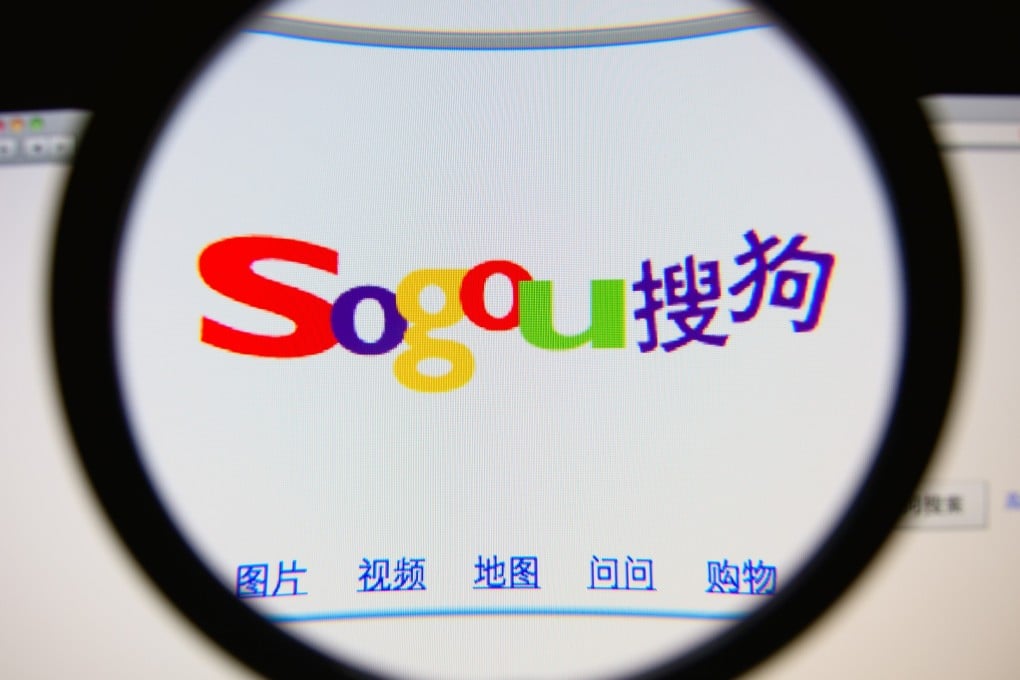Tencent’s US$2.1 billion buyout of online search service Sogou could supercharge WeChat, analysts say
- The proposed deal follows Tencent plan to invest around US$70 billion over the next five years in new digital infrastructure
- Tencent, which runs the world’s largest video games business and China’s biggest social media platform, has moved to raise fresh capital up to US$20 billion

Internet giant Tencent Holdings’ proposed US$2.1 billion buyout of Sogou, China’s second-largest online search service, could help supercharge its WeChat app, while shaking up a market long dominated by Baidu and fending off potential competition from ByteDance, according to industry analysts.
“WeChat is probably the first app most Chinese internet users open in the morning, and the last one they check before bedtime, so it has the potential to be an extremely effective channel for search queries,” Natkin said. He added that Tencent’s full control of Sogou would make integration easier and allow the internet giant to enjoy all the profits that such combination of resources might generate.
Shenzhen-based Tencent declined further comment beyond Sogou’s statement on Monday. A Sohu representative said it did not have more information beyond its recent public statement.